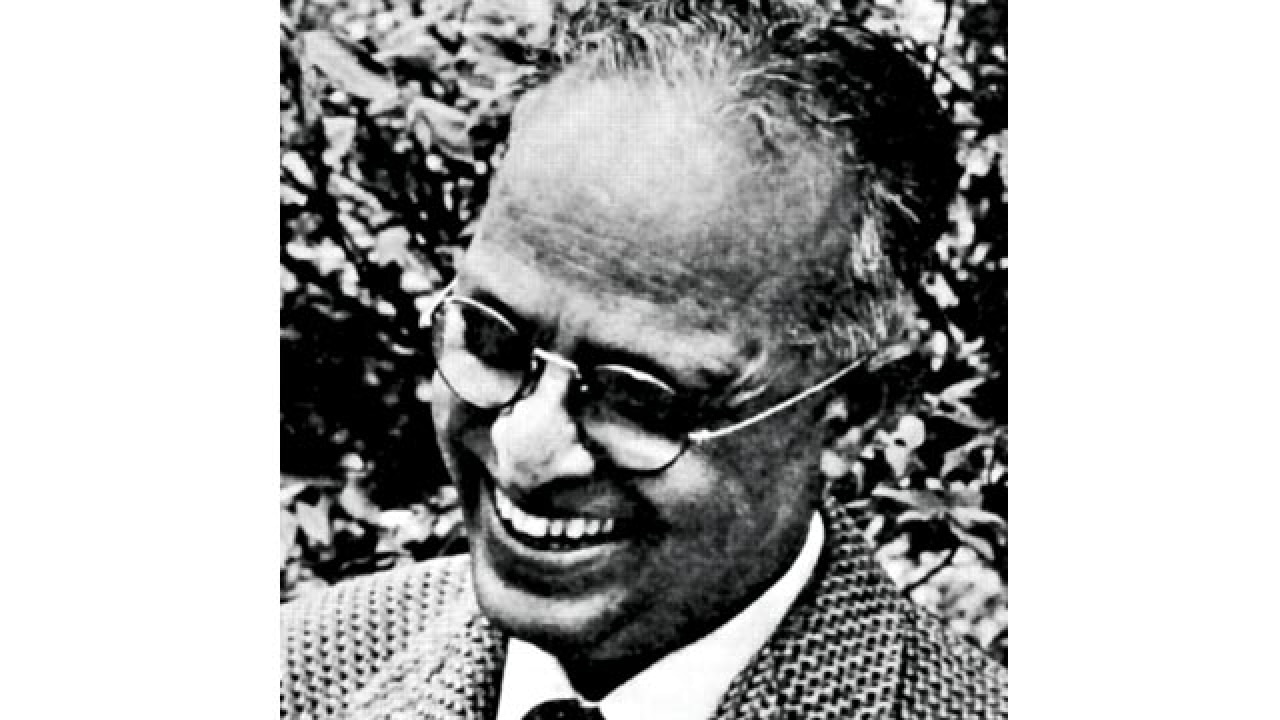
My name is Swami, and you’ve probably heard of me before. I live in the fictional village of Malgudi, a few hours from Madras by train. I have been written about so much, and so many different ways, I was afraid I wouldn’t have a story to tell you today — but my friends Rajam, Somu, Sankar and Pea would call me a quitter. So, I would like to share the tale of the man who made me.
He was born Rasipuram Krishnaswami Narayanswami in 1906, but always insisted on being called R K Narayan. I soon found that he was quite stubborn in more ways than one — in his time, his existence in itself was an act of rebellion. To begin with, he was one of a handful of Indian writers who wrote in English at a time when many were unhappy with the excesses of the British Empire. I think I was borne out of the hours he spent in the library of his very academic family. He was a determined boy, reprimanded at the age of 12 for taking part in a pro-Independence rally by an uncle who believed that all governments were evil. What happened next was perhaps one of the finest lessons in soft power that I can think of.
While you may have read my stories during literature class, what Narayan really taught us was a lesson in reclaiming the English language — which was associated with the oppressor. But by telling my story, as an Indian boy living in an Indian village — mixing routineness with idiosyncrasies, joys and sorrows, ups and downs in a foreign tongue made it almost not-so-foreign anymore.
Experts say that the Swami and friends trilogy is semi-autobiographical — Narayan spun pieces of himself into my story. He never let my humble means and perhaps limited perspective come in the way of my aspirations — a metaphor, perhaps, for the role of languages in a society such as ours. But I am no expert. What I can vouch for is how he never let the simplicity of his prose compromise the deep shade of blue of the Sarayu river in summer, the degree of heat that made the old paint peel off the walls of the Malgudi station or the sound of birds from the Mempi forest at dusk. His creation of Malgudi has been been likened to the works of American author William Faulkner, and his characters to those of Guy De Maupassant — so real that they could be friends, or relatives even. But at their core, his ideas were so, so Indian, that they could not be compared to any pre-existing work.
With a little help from his friend, English author Graham Greene, the story of Swami and Friends, along with Bachelor of Arts and The English Teacher, was published. Narayan was also the recipient of the Sahitya Akademi Award in 1951 for The Financial Expert. Indians from all walks of life could see themselves in me doing things they all did as children, in a language which was not a curse, but a gift wrapped in nostalgia. To me, this makes two things crystal clear — that the use of language can break historical convention and that our inner child never dies.